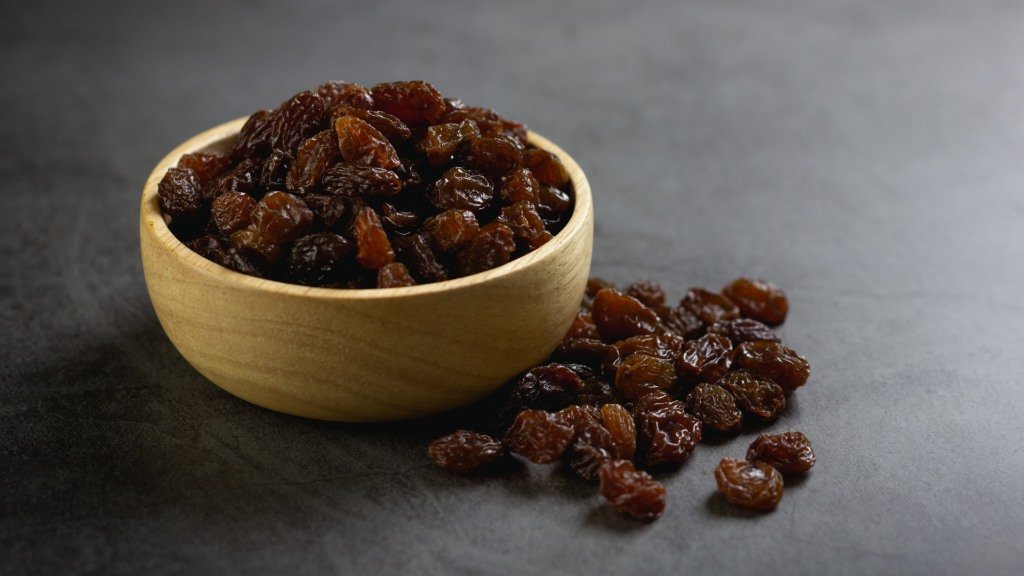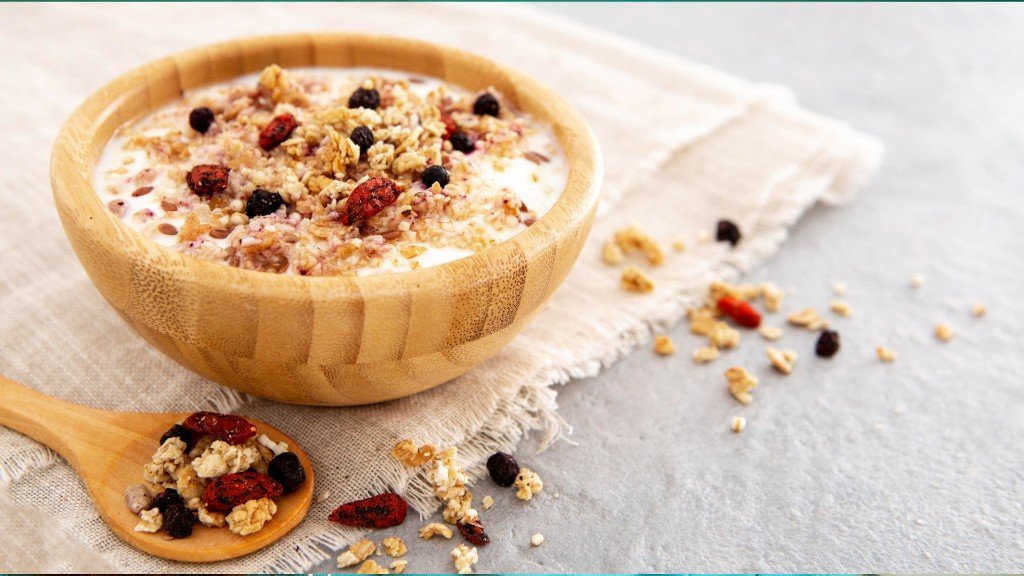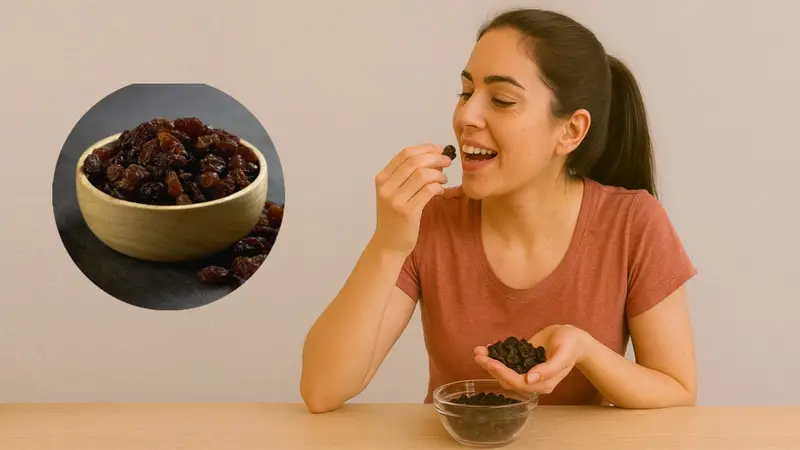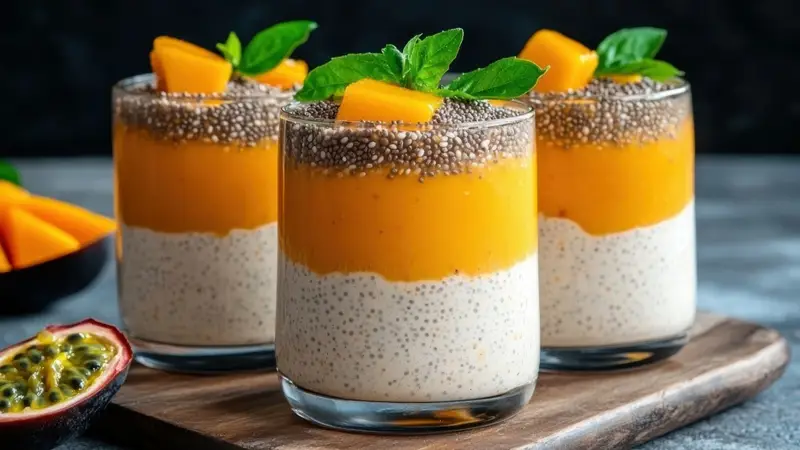I Ate Raisins Every Day for 2 Weeks—Here’s What Happened – When I decided to eat raisins every day for two weeks, I’ll admit—I was skeptical. Sure, they’re a pantry staple, but could these shriveled little gems really make a difference in my health? As someone navigating prediabetes and trying to stabilize my energy levels, I wanted to see if raisins were more than just a sweet snack. Spoiler alert: They surprised me—in good ways and some unexpected ones.
Here’s how my two-week raisin journey unfolded, complete with scientific insights, personal observations, and a few tasty ways to enjoy them.
Table of Contents
Why Raisins? A Nutrition Breakdown
Before diving in, let’s look at the numbers. Per 100 grams, raisins contain:
- 299 calories
- 0.5g fat
- 79g carbohydrates
- 3.7g fiber
- 59g natural sugars
- 3.1g protein
Also Read: Three Weeks of Blueberries: My Personal Experiment with the Tiny Superfood
They’re also rich in potassium, iron, and antioxidants like polyphenols. Registered dietitian Brandon Smith explains, “Raisins are a concentrated source of nutrients, offering quick energy from their natural sugars while providing fiber and minerals that support heart health and digestion.”

Armed with this info, I set out to see how eating about a quarter-cup (roughly 30 grams) of raisins daily would affect me. Here’s what I discovered.
Day-by-Day Observations: The Good, the Surprising, and the Unexpected
Benefit #1: Sustained Energy Without the Crash
By Day 3, I noticed something interesting: I wasn’t hitting that dreaded afternoon slump. Instead of reaching for coffee or a sugary snack, I felt steady energy after my mid-morning handful of raisins. Brandon confirmed this: “The combination of natural sugars and fiber in raisins provides a slower release of energy compared to processed snacks.” For someone managing blood sugar, this was a welcome change.
Benefit #2: Improved Digestion
Around Day 5, my digestion seemed smoother. No bloating, no sluggishness—just regularity. With 3.7 grams of fiber per 100 grams, raisins are a prebiotic food that feeds the good bacteria in your gut. “Their fiber content can help prevent constipation and promote overall digestive health,” Brandon noted.
Benefit #3: Better Blood Sugar Control
This one shocked me. On Day 7, I paired raisins with almonds for a mid-afternoon snack and noticed my post-meal glucose readings stayed stable. Research suggests that raisins may have a lower glycemic impact than other dried fruits, thanks to their fiber and antioxidant content. Still, moderation is key—I kept portions small to avoid overdoing it.
Benefit #4: Reduced Cravings for Processed Snacks

By Day 10, I found myself craving fewer chips and cookies. The natural sweetness of raisins satisfied my sweet tooth without the guilt. Brandon explained, “Raisins provide a satisfying balance of sweetness and texture that can help curb cravings for less nutritious options.”
Also Read: 6 Apple Smoothies With a Tropical Kick You Need to Try
Benefit #5: Boosted Iron Levels
As someone prone to fatigue, I appreciated the iron boost. By Day 12, I felt less tired during workouts. “Raisins are a good plant-based source of iron, especially for vegetarians or those with low iron levels,” Brandon said. Pairing them with vitamin C-rich foods (like citrus) enhances absorption even more.
Benefit #6: Mood and Mental Clarity
On Day 14, I realized I felt calmer and more focused. Could it be the antioxidants? Polyphenols in raisins have been linked to reduced oxidative stress, which may support brain health. While I can’t say raisins alone caused this shift, they certainly didn’t hurt.
Limitations and Downsides
While my experience was mostly positive, there were a few caveats. First, portion control is crucial. Eating too many raisins (say, a full cup daily) can lead to excess sugar and calorie intake, especially for those managing diabetes or weight. Stick to a quarter-cup serving to avoid overdoing it.
Second, raisins are sticky, which means they can cling to teeth and potentially contribute to cavities if you don’t brush afterward. I made sure to rinse my mouth with water or chew sugar-free gum after snacking.
Lastly, while they’re nutrient-dense, raisins shouldn’t replace fresh fruits entirely. Balance is key—they’re best enjoyed as part of a varied diet.
How to Eat More Raisins: Recipes You’ll Love
Incorporating raisins into your routine is easier than you think. Here are three simple ideas:
1. Trail Mix
Combine raisins with nuts, seeds, and dark chocolate chips for a satisfying on-the-go snack. It’s perfect for hikes or busy days.
2. Oatmeal Topping

Sprinkle raisins over your morning oatmeal along with cinnamon, chopped nuts, and a drizzle of almond butter. It’s cozy, filling, and packed with flavor.
Also Read: Tropical Twist: 5 Pineapple Smoothies You’ll Love
3. No-Bake Energy Bites
Mix 1 cup oats, ½ cup peanut butter, ¼ cup honey, ¼ cup raisins, and 2 tablespoons chia seeds. Roll into balls and refrigerate for an easy, portable snack.
Final Thoughts
After two weeks of eating raisins daily, I’m convinced they’re more than just a sweet treat. From sustained energy and improved digestion to better blood sugar control and reduced cravings, these tiny powerhouses delivered impressive benefits. While they’re not a magic cure-all, they’re an easy, delicious way to boost your health—if enjoyed in moderation.
If you’re ready to give them a try, start small—toss them into salads, sprinkle them on yogurt, or mix them into trail mix. Your body (and taste buds) will thank you.





